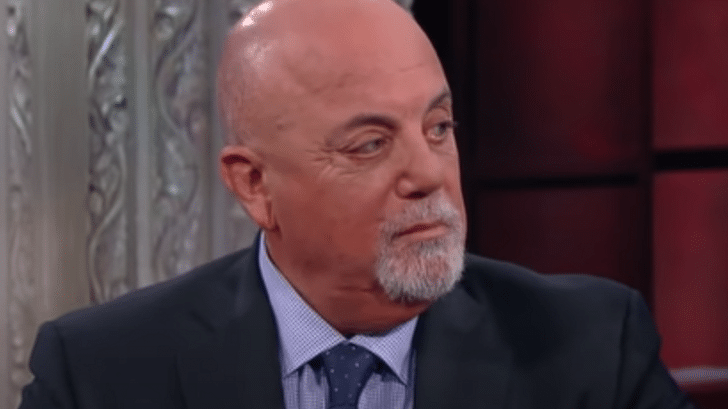Billy Joel, the iconic singer-songwriter known for his timeless hits and electrifying live performances, has a confession to make: he doesn’t particularly like his own voice. Despite his massive success and ability to captivate audiences worldwide, Joel has always been more focused on the songwriting aspect of his craft rather than his vocal abilities.
Joel’s career has seen him play to stadiums filled with adoring fans, but his perspective on his own voice has remained humble.
He sees himself primarily as a songwriter, considering vocal duties a necessary but challenging part of his artistic journey. However, this unique perspective has led to some extraordinary results in his music.
One of Joel’s creative strategies involves imagining his songs being sung by other artists he admires, allowing him to distance himself from his own voice. In a 2016 interview with Sirius XM, he revealed,
“I’m not a stylist – not a big fan of my own voice, never have been. I’m a songwriter, which means I can imagine any voice doing something that I write.”
This approach allowed him to create tracks like ‘Until The Night’ from his 1978 album ’52nd Street,’ envisioning the voices of The Righteous Brothers’ Bill Medley and Bobby Hatfield while composing.
View this post on Instagram
Even during iconic compositions like ‘New York State of Mind,’ Joel had someone else in mind – the legendary Ray Charles. In a 2022 interview with CNN, Joel confessed,
“Well, a lot of the times, I’m thinking of somebody else other than me singing what I’m writing because I don’t like my own voice… I want to conjure up somebody else.”
He acknowledged his preference for sounding like someone else, using his imagination to transform his creations.
While he might not have always been pleased with his vocals, Joel’s acceptance of his voice has evolved over the years. Speaking to Howard Stern in a SiriusXM Town Hall session, he admitted,
“I like [my voice] better now than I used to. I don’t think of myself as a singer.”
This self-awareness demonstrates his growth and acceptance, highlighting the unique journey of a musician constantly evolving in his craft.
Despite his reservations, Billy Joel’s distinct voice continues to resonate with millions of fans worldwide. His ability to translate emotions into melodies and lyrics has transcended his personal doubts, leaving an indelible mark on the world of music. For Joel, it’s not about the voice he possesses but the stories he shares, reminding us all that true artistry goes far beyond the limitations of a single vocal range.

